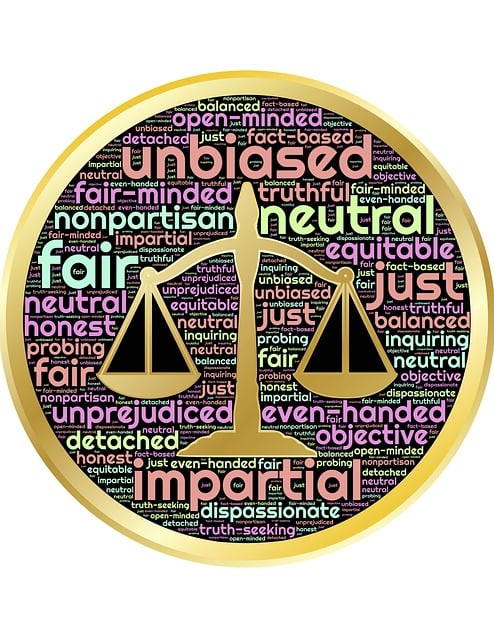Regulatory compliance is crucial for business operations and legal safety. Appealing Administrative Law Judge (ALJ) decisions is a vital step to ensure fairness in cases of white-collar crimes, demanding thorough review, compelling arguments, and support from philanthropists and political communities. Successful appeals require meticulous documentation, evidence, and legal expertise, potentially leading to charges dismissal and industry standard changes nationwide.
Regulatory compliance is a complex landscape that businesses must navigate to avoid legal pitfalls. This article serves as your guide through the intricacies of ensuring adherence to governing laws and regulations. We begin by demystifying the fundamentals, helping you grasp the essence of regulatory compliance basics. Further, we explore the intricate process of appealing Administrative Law Judge decisions, offering strategic insights to navigate this crucial step effectively. Learn how to reverse administrative rulings and safeguard your organization’s interests in these challenging times.
- Understanding Regulatory Compliance Basics
- Navigating Appeals Process for Decisions
- Strategies to Reverse Administrative Rulings
Understanding Regulatory Compliance Basics

Regulatory compliance is a critical aspect of doing business, ensuring operations adhere to laws and regulations set by governing bodies. It involves understanding and adhering to rules related to various sectors, from financial services to healthcare. The basics include staying informed about relevant legislation, implementing internal controls, and conducting regular audits to maintain adherence. Non-compliance can lead to severe legal consequences, including hefty fines and reputational damage.
For businesses facing administrative law judge decisions that they deem unfair or incorrect, appealing these rulings is an essential step in the compliance process. These appeals often require a thorough understanding of not only the specific regulatory framework but also the broader context of white-collar and economic crimes. Across the country, corporate and individual clients alike must navigate complex legal procedures to protect their rights and ensure fairness in administrative proceedings.
Navigating Appeals Process for Decisions

Navigating the appeals process for decisions made by Administrative Law Judges (ALJs) is a critical step in ensuring fairness and justice, especially in cases involving white-collar and economic crimes. This intricate journey requires meticulous attention to detail, as appellants must present compelling arguments to overturn or modify the original ruling. The process begins with careful review of the ALJ’s decision, identifying potential errors, and gathering evidence to support an appeal.
Achieving extraordinary results in appeals often hinges on the strength of legal arguments and the ability to demonstrate procedural or factual inaccuracies. Philanthropic and political communities play a vital role in supporting individuals facing such decisions by providing resources, expertise, and advocacy. By employing strategic legal approaches, these communities can help navigate the complexities of administrative law, ultimately fostering a more equitable outcome for those affected by regulatory compliance issues.
Strategies to Reverse Administrative Rulings

When faced with an administrative ruling that isn’t favorable, organizations have a legal avenue for recourse: appealing to an Administrative Law Judge (ALJ). This strategic move allows businesses to present their case anew, providing a chance to overturn initial decisions. A robust appeal strategy involves thorough documentation of procedural errors, factual inaccuracies, and misinterpretations of regulations. Compelling evidence, expert testimonies, and legal precedents can significantly bolster the appeal.
A successful appeal could lead to a complete dismissal of all charges, offering relief not just to the affected organization but also impacting industry standards across the country. The process requires meticulous preparation and a deep understanding of administrative law, often prompting collaboration between legal experts and stakeholders from philanthropic and political communities to formulate persuasive arguments that stand a chance against ALJ decisions.
Regulatory compliance is a complex yet essential aspect of any business operation. By understanding the basics and employing effective strategies, organizations can successfully navigate regulatory challenges. Knowing how to appeal administrative rulings and decisions is crucial, as it provides a vital safety net against potentially harmful outcomes. Through a comprehensive approach that includes both proactive measures and well-informed appeals, businesses can ensure they remain in compliance with evolving legal landscapes.






